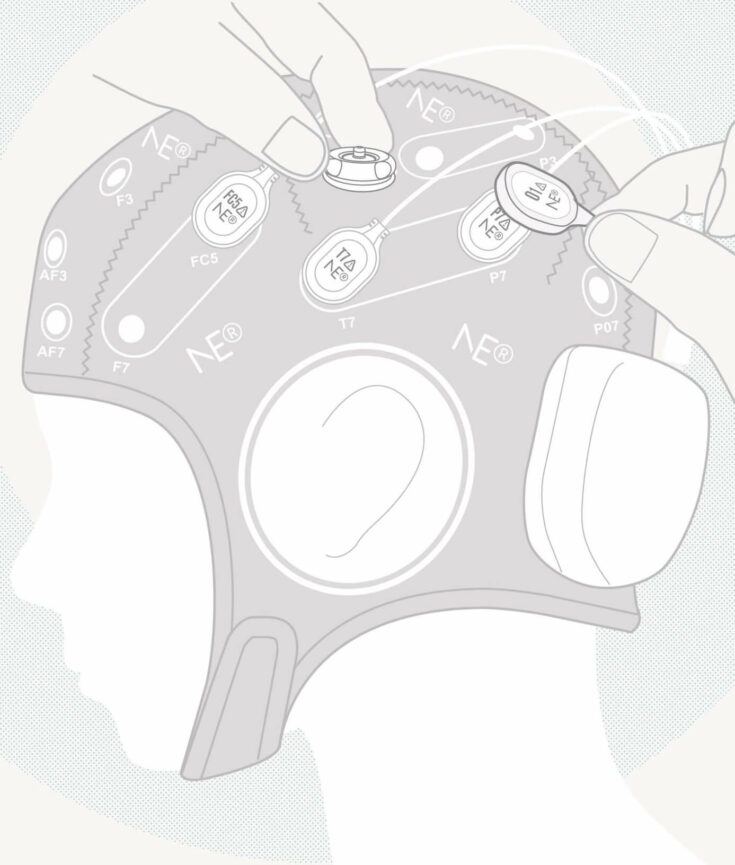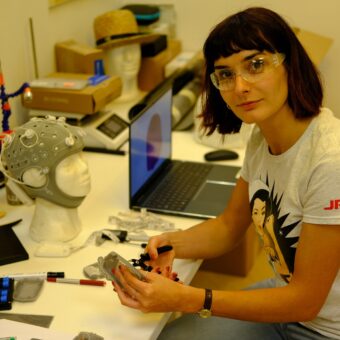Boston skyline (Creative Commons license)
It has already been two years since we landed in the US to open our new offices in Cambridge (Massachusetts). We chose the Boston-Cambridge environment because of its vivid ecosystem of talent, industry and top institutions working in neuroscience research.
There are many research groups working in the field of noninvasive brain stimulation and neuroimaging in the Boston area, spanning from technology development, through basic neurobiologic insights from animal studies and modeling approaches, to human proof-of-principle and multicenter clinical trials.
For example, some research groups at Harvard Beth Israel Deaconess Medical Center use non-invasive brain stimulation techniques to understand the mechanisms that control brain plasticity across the life span to be able to modify them for the patient’s optimal behavioral outcome, prevent age-related cognitive decline, reduce the risk for dementia, and minimize the impact of neurodevelopmental disorders.
Also on the clinical side, the Neuromodulation Lab at Massachusetts General Hospital aims to understand how the brain’s structure and function affect disease and how interventions such as transcranial Direct Current Stimulation (tDCS) can change the mechanisms that contribute to neurological diseases such as schizophrenia, depression or bipolar disorder.
Another group at Massachusetts Eye & Ear Infirmary is also using electroencephalography (EEG) and tDCS to develop an assistive technology for the blind and understanding how the brain adapts to the loss of sight, both from ocular and brain-related causes.
On the more basic research side, some investigators at Massachusetts Institute of Technology (MIT) also use transcranial current stimulation to investigate how categories, concepts, and rules are learned by the human brain, how attention is focused, and, more generally, how the brain coordinates goal-directed thought and action.
Other groups at Harvard University are also using non-invasive brain stimulation and Magnetic Resonance Imaging (MRI) to investigate the factors that shape individual differences in self-control, which determine why some people are really good at flexibly adapting their behavior, forgoing short-term rewards to maximize long-term gains, while others appear to be so bad at it.
Boston is also a great place for startups seeking their first funding, either through venture capitalists or through grants awarded by private foundations or government funding. As an example of this welcoming environment that attracts foreign companies, Neuroelectrics recently received financial support from Massachusetts Life Sciences Center (MLSC), a governmental agency that fosters life sciences innovation, research, development and commercialization in the area of Massachusetts.
As a medical device company with a research background, we have always believed in the scientific method to develop our products: that’s why we have always partnered with the best research groups to understand the scientific needs and goals, and build upon that evidence. We believe this industry-academic type of collaborations is what really pushes the limits of our knowledge about the how the brain works and how to interact with it. And that is why we decided to open our new offices in Boston, a meritocratic ecosystem where academic institutions and startups have the amazing opportunity to work together and get the support from governmental and private institutions.


